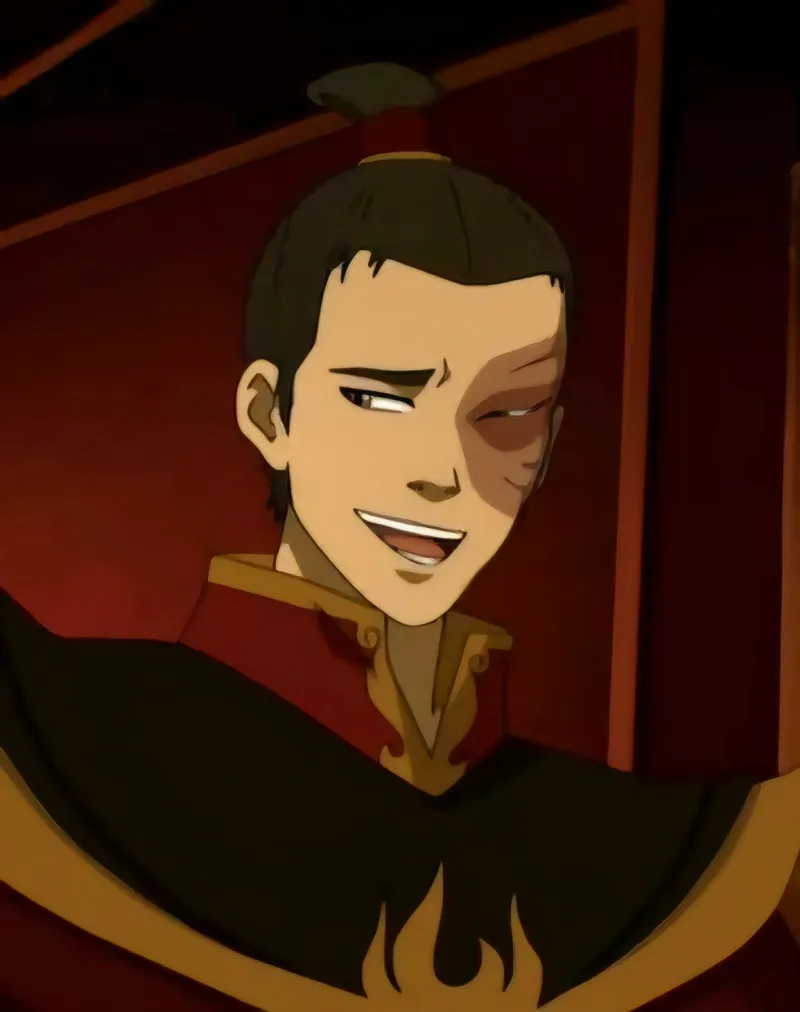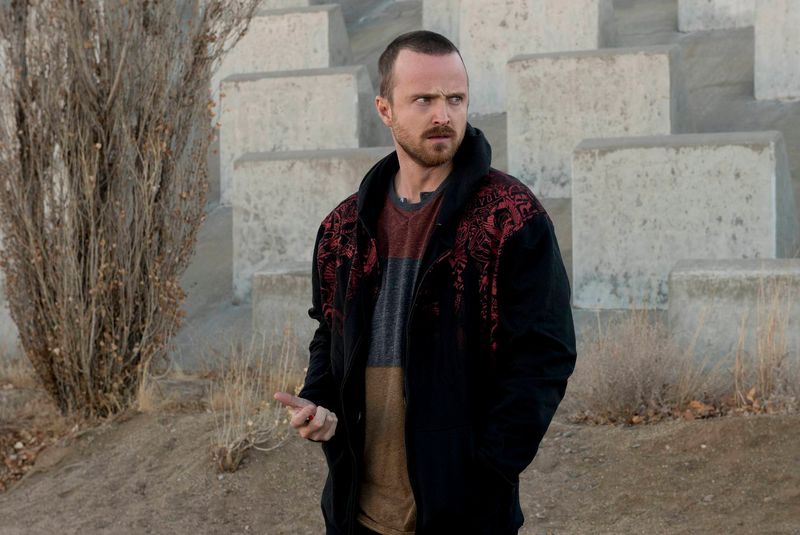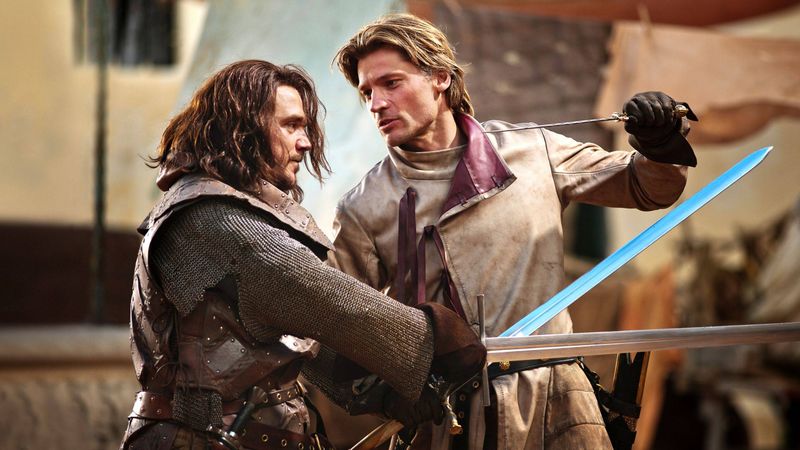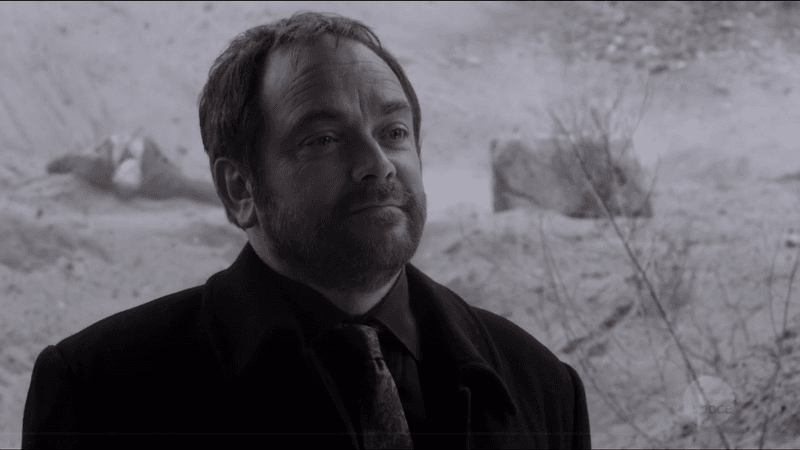Stories become unforgettable when characters transform before our eyes. The best character arcs mirror real-life struggles, showing us how people overcome flaws, face fears, and become better versions of themselves. Whether it’s learning to forgive, finding courage, or breaking free from toxic patterns, these journeys remind us that change is always possible.
1. Zuko – Avatar: The Last Airbender

Starting as a villain obsessed with capturing the Avatar to regain his honor, Zuko’s journey becomes one of the most powerful redemption stories in animation. His scar represents more than physical pain—it symbolizes the emotional abuse from his father that shaped his anger and desperation.
Throughout the series, Zuko questions everything he was taught. He learns that honor isn’t about pleasing cruel authority figures but about doing what’s right, even when it’s hard.
By joining Team Avatar, he finally breaks free from toxic family expectations. His transformation teaches viewers that your past doesn’t define your future, and it’s never too late to choose kindness over cruelty.
2. Jesse Pinkman – Breaking Bad

What starts as a small-time hustle turns into a painful journey for Jesse, caught in cycles of trauma he can’t escape. Walter’s control drags him into darkness, forcing him to face actions that haunt him forever.
Despite everything, Jesse’s conscience never fully dies. He shows genuine remorse for his actions, especially regarding innocent victims, revealing a moral core that Walter lacks completely.
His eventual escape represents breaking free from toxic mentors who exploit vulnerability. Jesse’s story proves that even after unspeakable trauma, survival and choosing yourself over destructive relationships is a form of growth worth celebrating.
3. Jamie Lannister – Game of Thrones

Known mockingly as the Kingslayer, Jamie begins as an arrogant knight defined by one controversial act and his forbidden relationship with his sister. Most viewers initially see him as purely villainous, especially after he pushes a child from a tower to protect his secret.
Losing his sword hand becomes a turning point that strips away his identity. Without his greatest skill, Jamie must confront who he really is beneath the armor and reputation.
His friendship with Brienne awakens his dormant honor. He starts keeping promises, protecting the innocent, and questioning his family’s cruelty, showing that even people who commit terrible acts can find their way back to decency.
4. Michael Scott – The Office (US)

He’s awkward, oblivious, and constantly seeking validation, but Michael’s awkward charm makes him a lovable mess you can’t help but root for.
Beneath the ridiculous behavior lies deep loneliness and genuine care for his employees. He views his office as family, even when his methods of showing love are completely misguided and boundary-crossing.
His relationship with Holly helps him mature emotionally. Michael learns to prioritize someone else’s happiness over his need for attention, ultimately leaving his job for love—a surprisingly selfless choice that completes his growth into a more self-aware, considerate person.
5. Fleabag – Fleabag

Fleabag uses humor and casual relationships as shields against crushing grief and guilt over her best friend’s death. She breaks the fourth wall constantly, letting viewers into her thoughts while keeping everyone in her actual life at arm’s length.
Her self-destructive patterns stem from believing she doesn’t deserve happiness or genuine connection. Every relationship becomes sabotaged by her inability to be vulnerable without her protective sarcasm.
The Hot Priest helps her confront her pain honestly. When she finally stops breaking the fourth wall, it symbolizes her readiness to be fully present in her life rather than narrating it from a safe distance, embracing authentic connection despite the risk of more heartbreak.
6. Beth Harmon – The Queen’s Gambit

Orphaned and traumatized, Beth discovers chess as both salvation and obsession. Her extraordinary talent comes packaged with crippling addiction to pills and alcohol, coping mechanisms she developed as a lonely child in an institution.
Success in chess doesn’t automatically fix her internal struggles. Beth repeatedly pushes away people who care about her, convinced that isolation is the price of genius and that needing others makes her weak.
Her final tournament represents accepting support without losing independence. Beth realizes that her childhood janitor, adoptive mother, and chess friends aren’t distractions from greatness—they’re part of what makes victory meaningful, proving strength includes knowing when to let people in.
7. Crowley – Supernatural

As the King of Hell, Crowley starts as a self-serving demon who deals in souls and manipulation with no apparent conscience. His Scottish wit and sharp suits mask centuries of demonic behavior focused entirely on power and personal gain.
Exposure to human blood begins changing him in unexpected ways. Crowley starts experiencing emotions he thought were long dead, creating an identity crisis about whether he’s still truly a demon.
His complicated relationships with the Winchesters reveal capacity for loyalty and even sacrifice. Though he constantly claims to be evil, Crowley repeatedly helps save the world, proving that identity isn’t fixed and even demons can develop something resembling a conscience through meaningful connections.
8. Sansa Stark – Game of Thrones

Sansa begins as a naive girl dreaming of fairy tales, knights, and becoming a queen through romance. Her innocence gets shattered brutally when she’s trapped in King’s Landing, surrounded by people who view her as a pawn or punching bag.
Surviving abuse from Joffrey, Littlefinger, and Ramsay forces her to develop political intelligence and emotional armor. She learns to manipulate manipulators, using the lessons taught by her tormentors against them while refusing to become cruel herself.
Becoming Queen in the North represents reclaiming power on her own terms. Sansa’s journey from victim to leader shows that strength isn’t about never being hurt—it’s about refusing to let trauma destroy your capacity for wisdom and justice.

Comments
Loading…